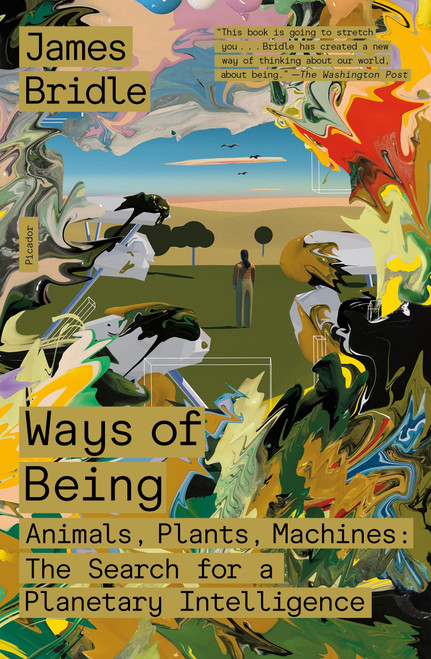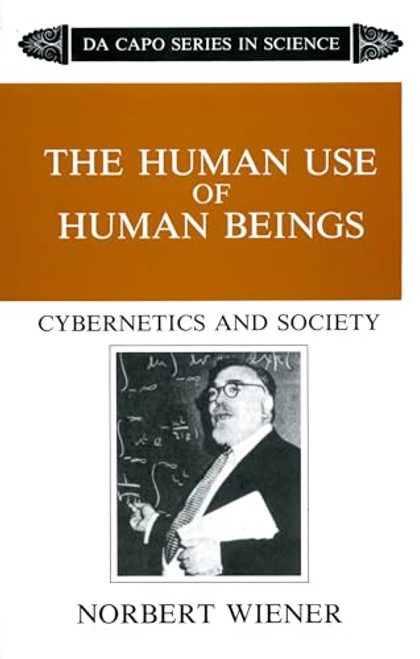Societies acquire scars from war, economic crises, environmental disasters or, as Harold Napoleon tells us, from epidemics. Afflicted by epidemics and their consequences from the 1770s until the 1940s, Alaska Natives are still feeling traumatic effects in the form of alcoholism, suicide and violence. The wholeness of a society that maintained health and vigor for thousands of years was broken by the Great Death and has not been repaired by anti-poverty programs, welfare, government-sponsored health and education programs, or prohibition laws. Through bitter experience, Napoleon, a Yupik Eskimo, has acquired clarity in understanding the roots and tenacity of these problems, articulating them clearly and powerfully. But more than this, he offers a message of hope pointing the way toward cultural revitalization that can begin now. The steps in the journey to reclaiming health and well-being depends on communicating the sorrow and loss and embracing a new way of thinking about the problem. While there is much work to be done, this work shows a way that individuals and villages can transform the Great Death into new life.
Napoleons narrative is followed by commentaries from elders and academics concerned with understanding and overcoming the challenges that Alaska Natives face today.
Napoleons narrative is followed by commentaries from elders and academics concerned with understanding and overcoming the challenges that Alaska Natives face today.







